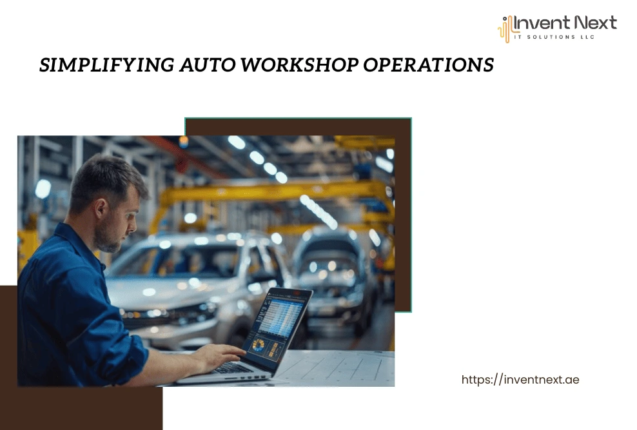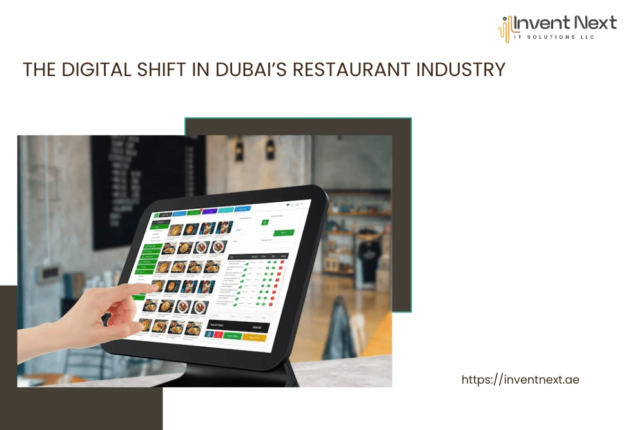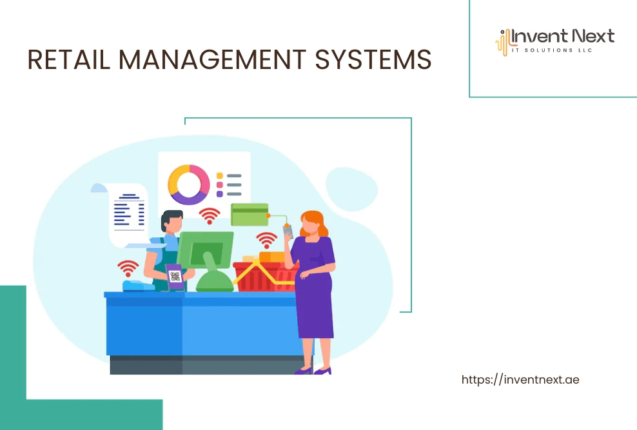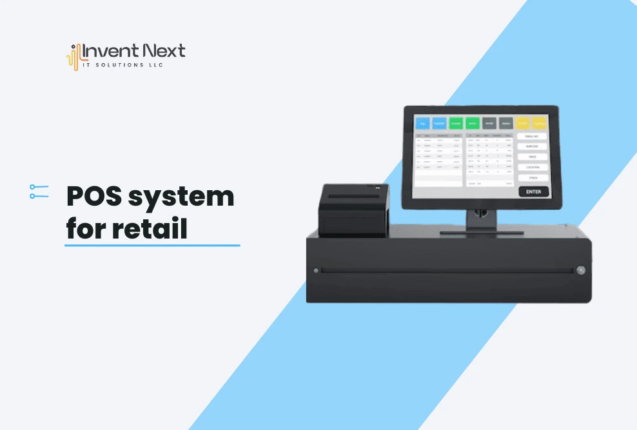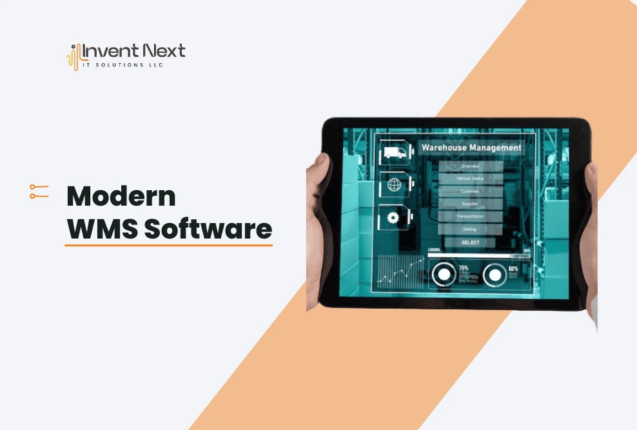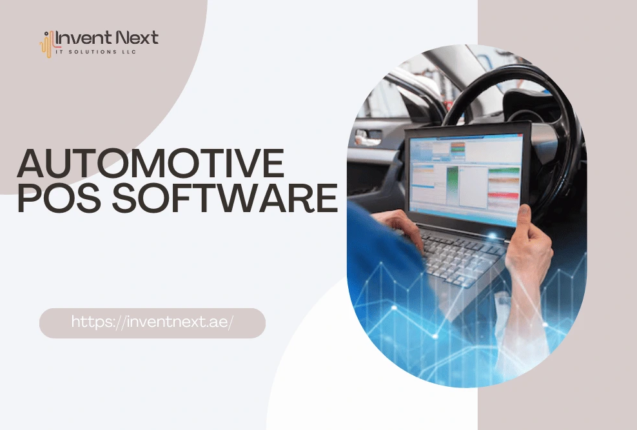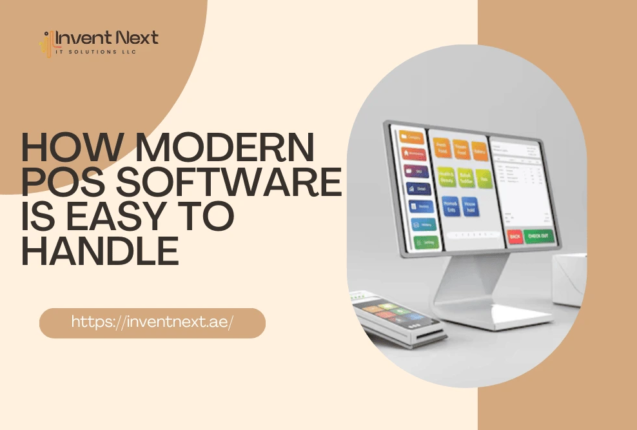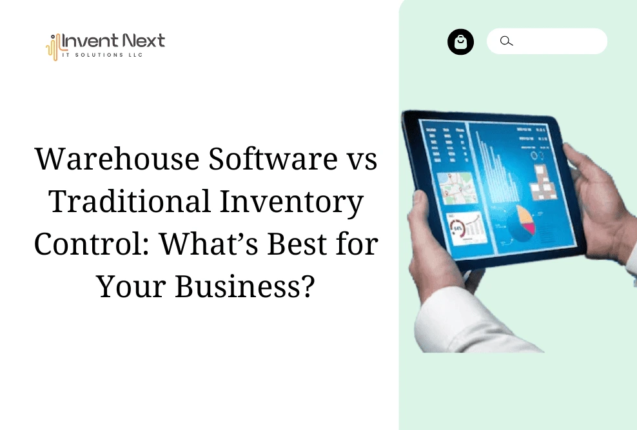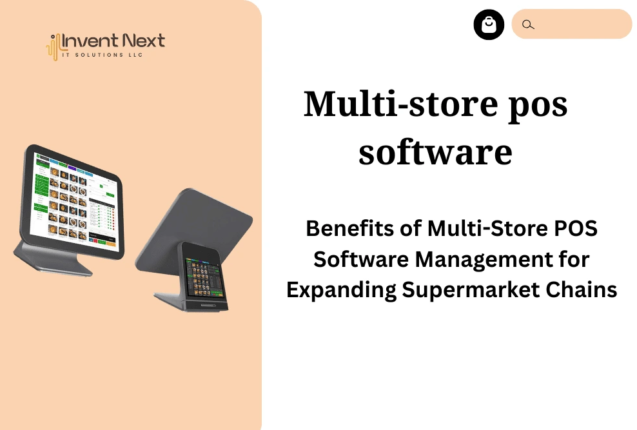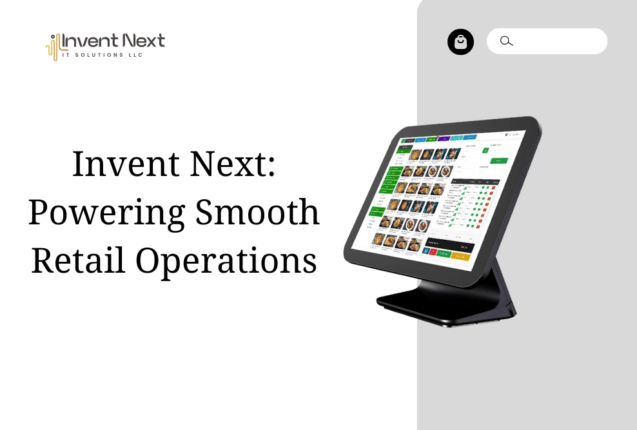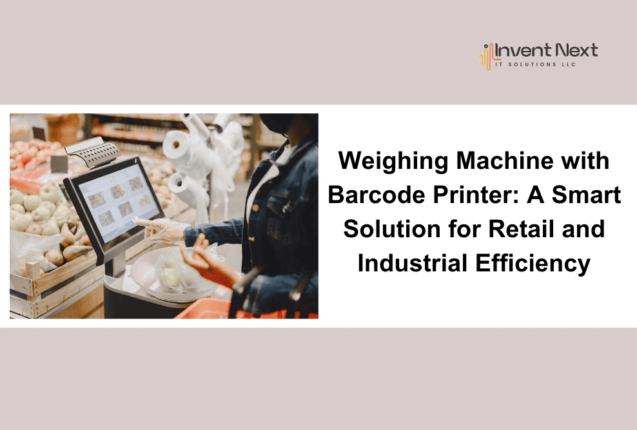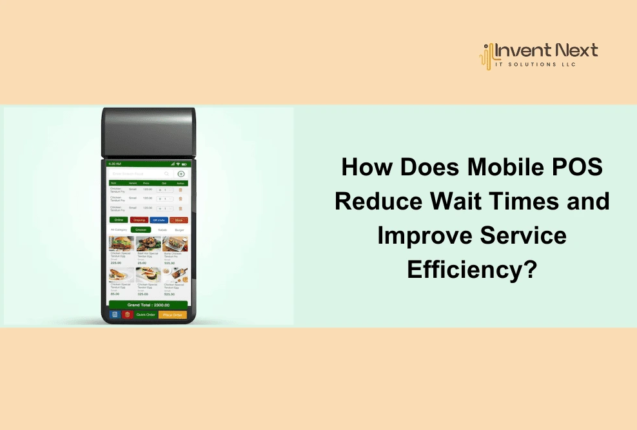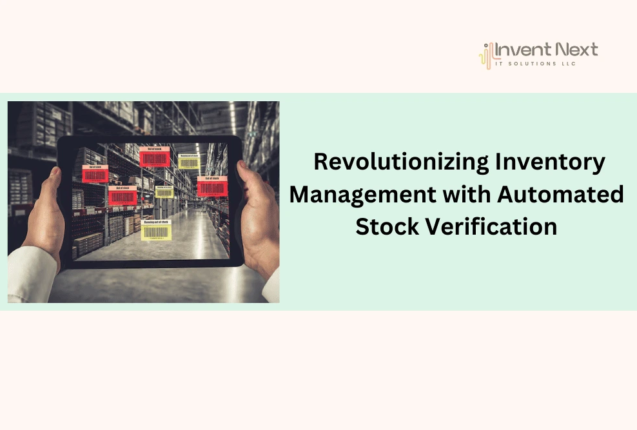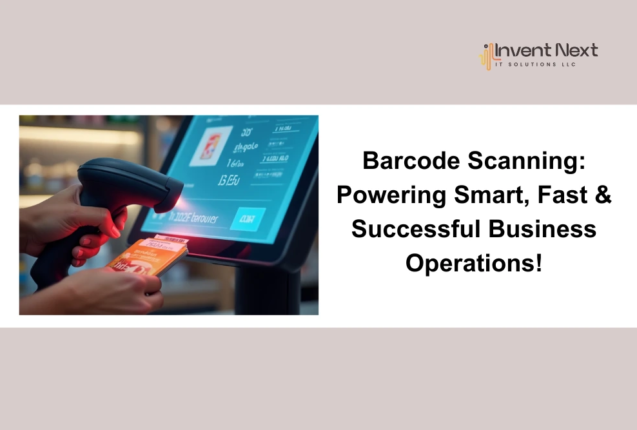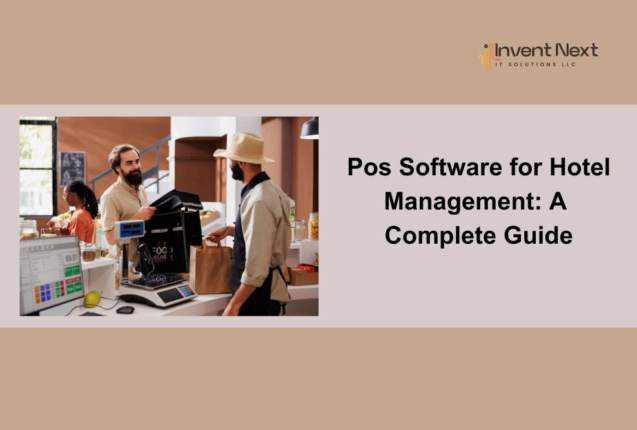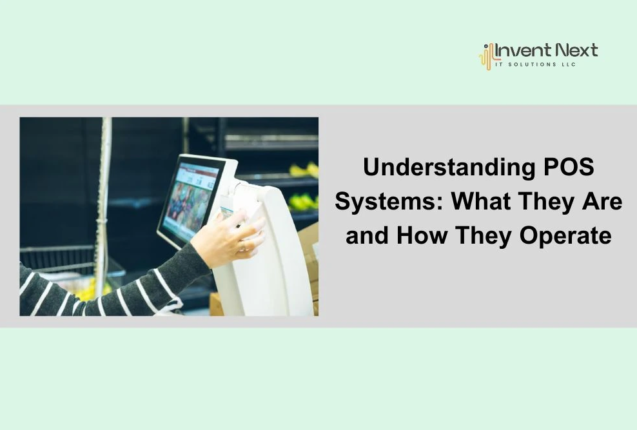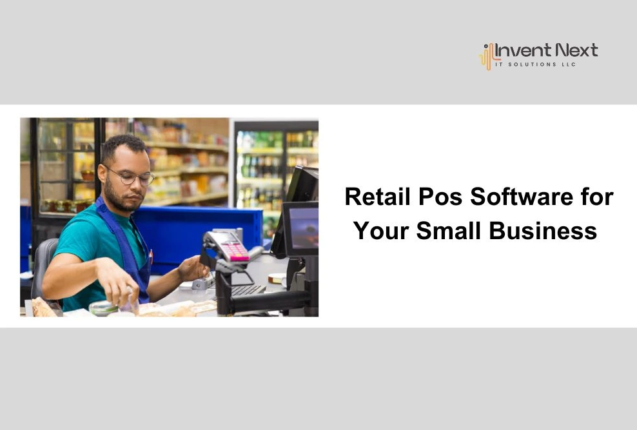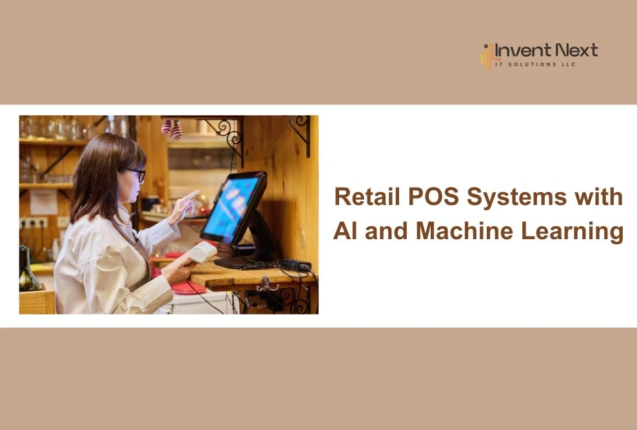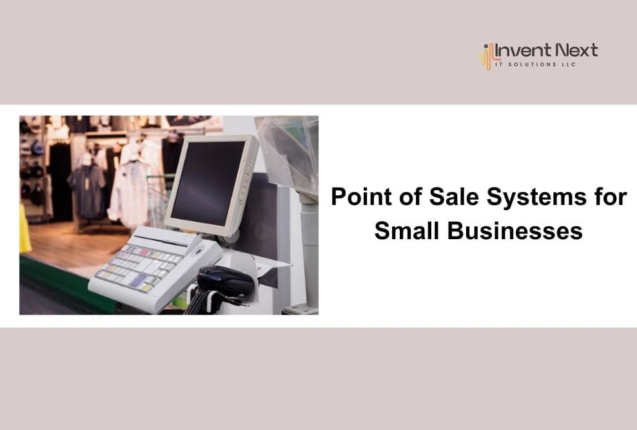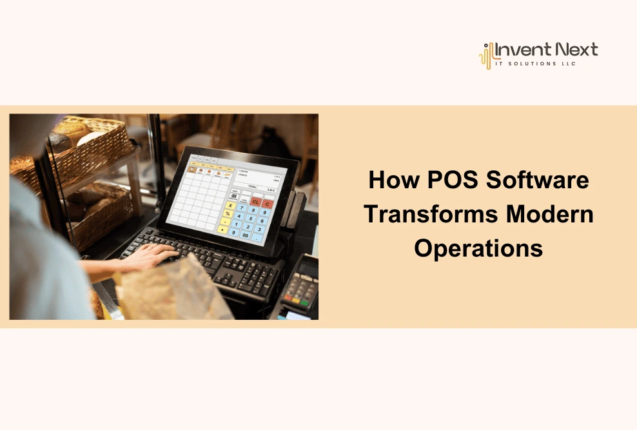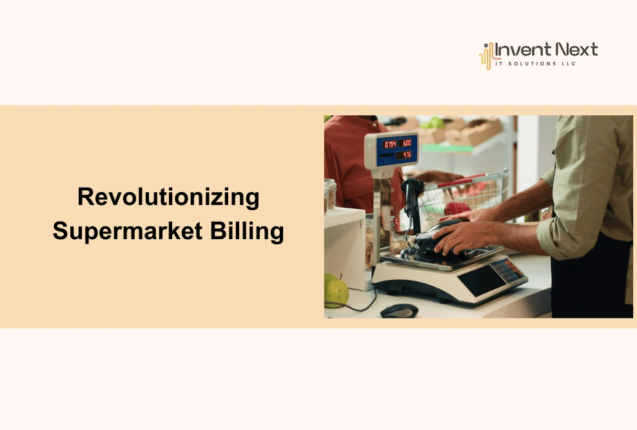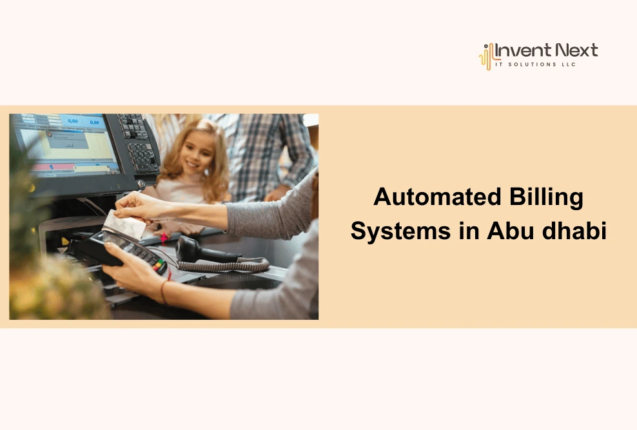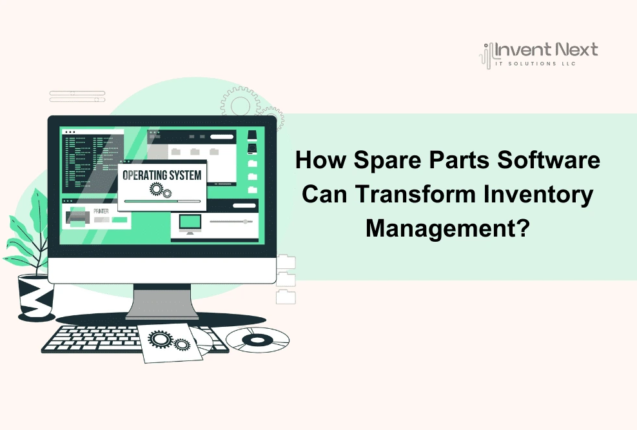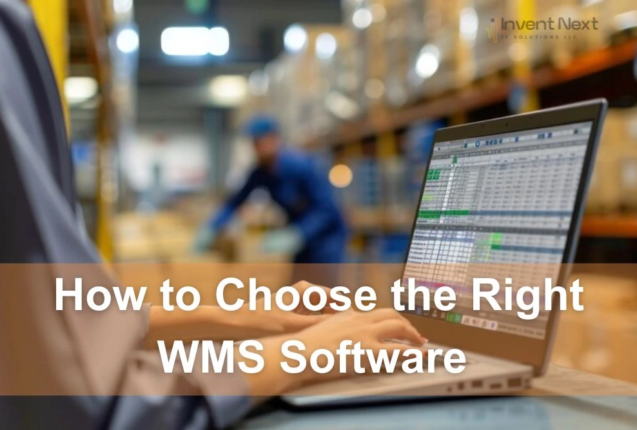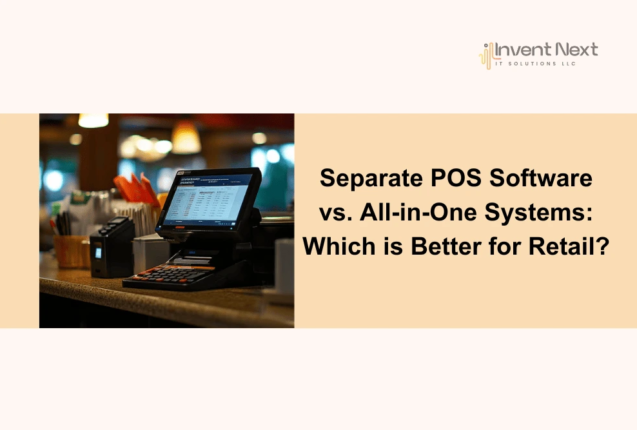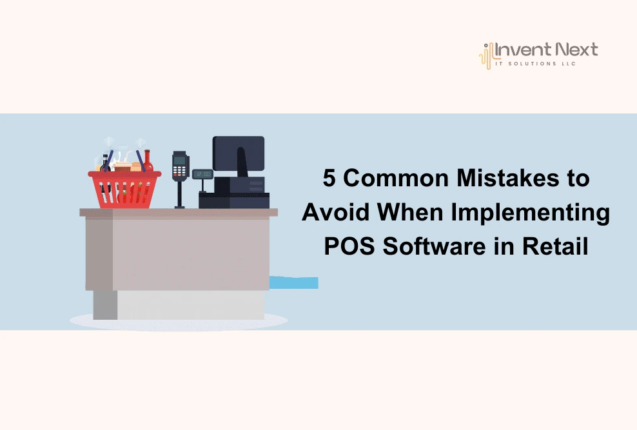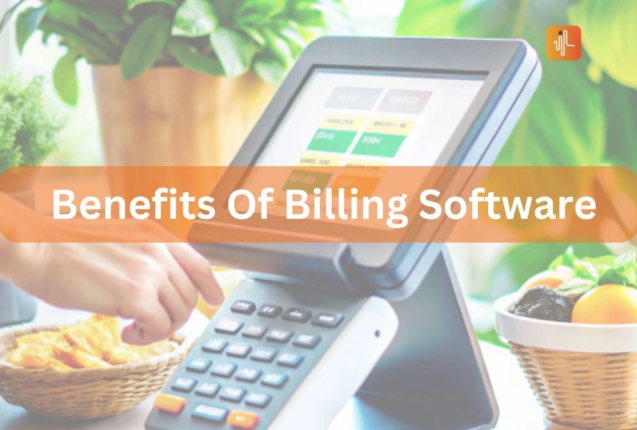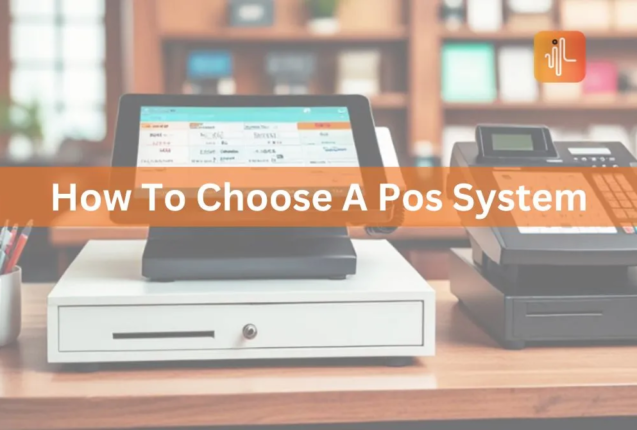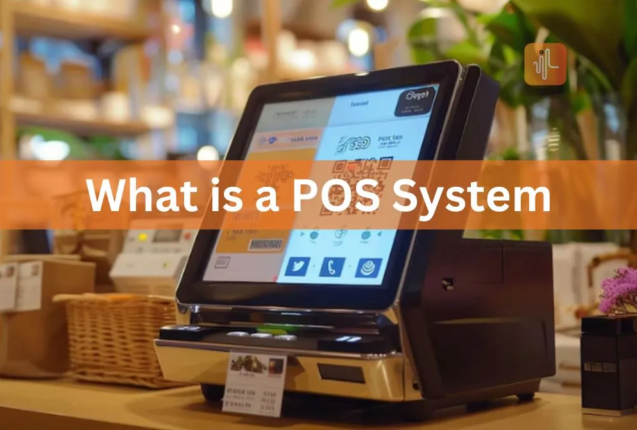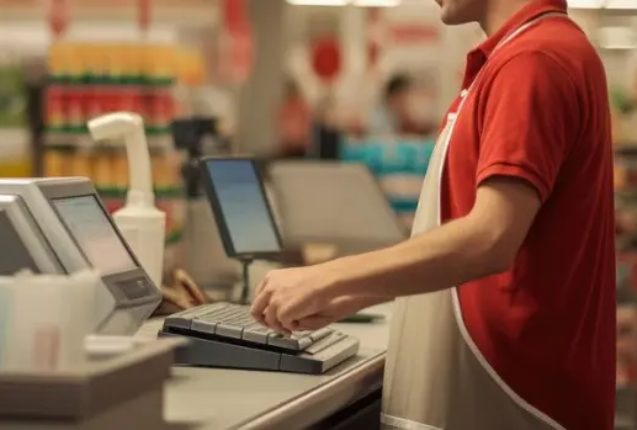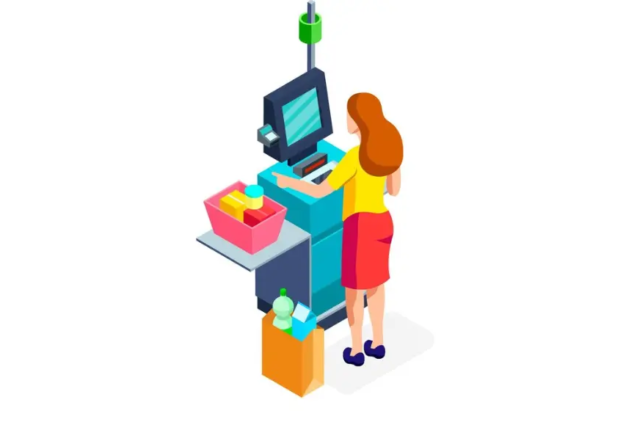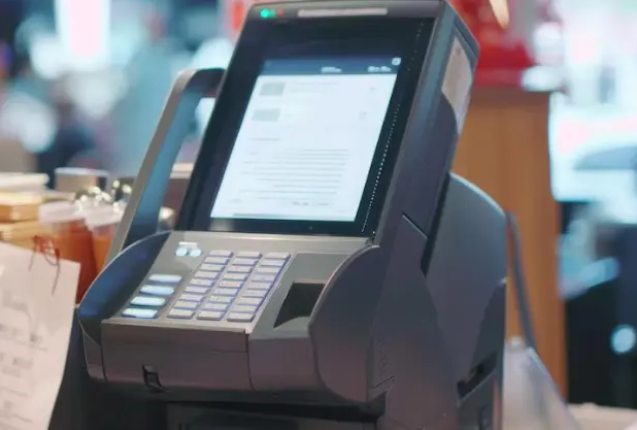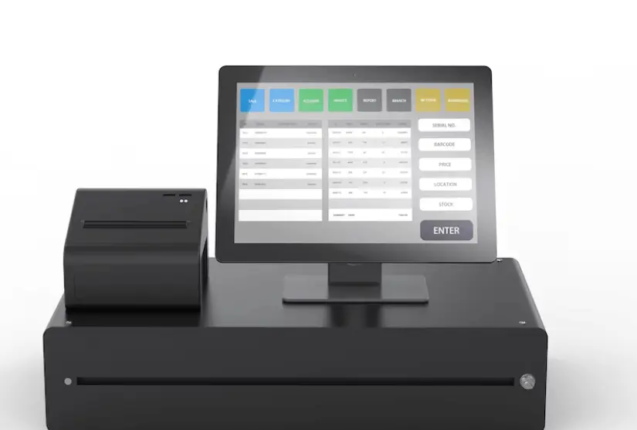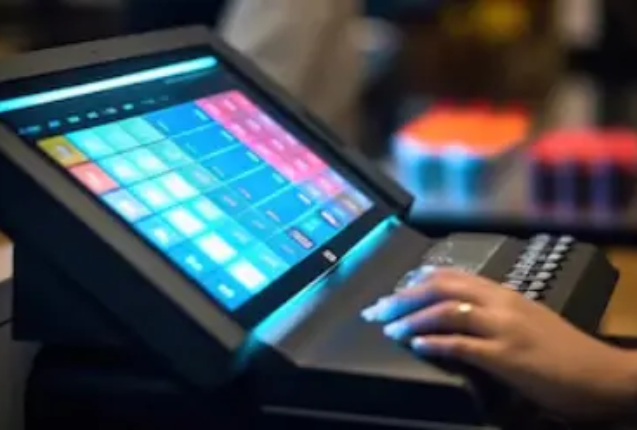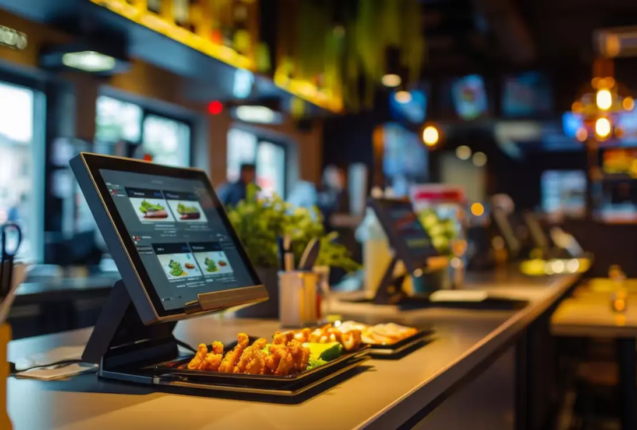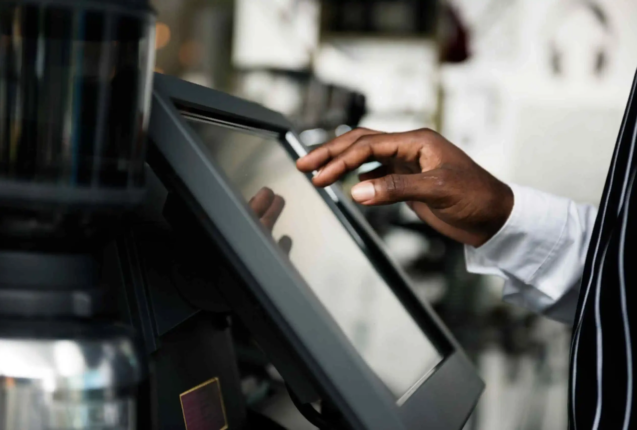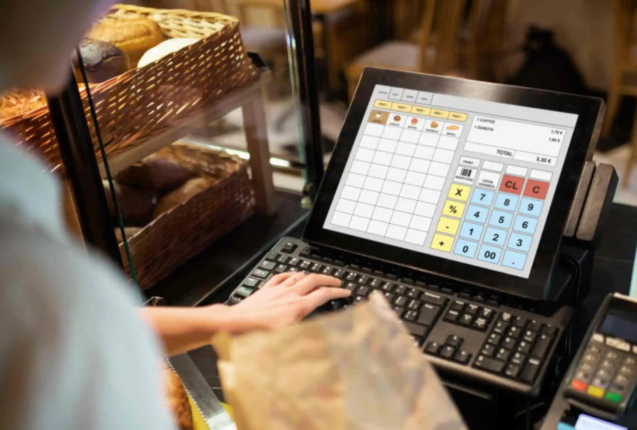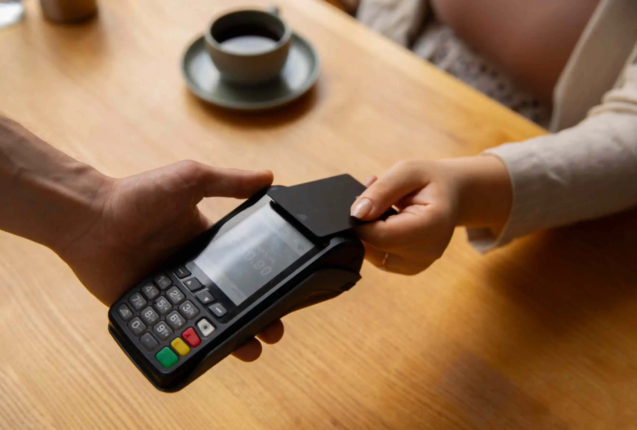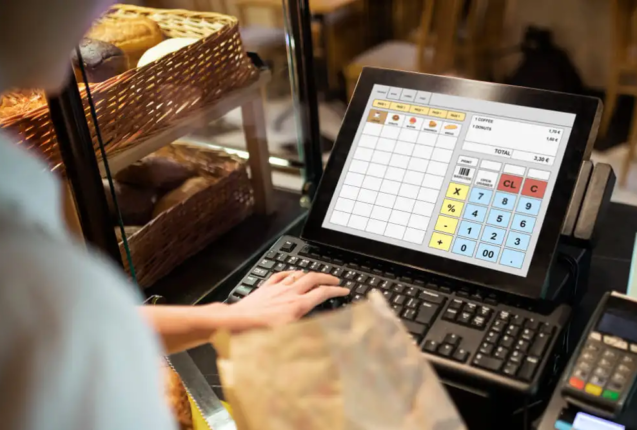Smart Garage Tools: Simplifying Auto Workshop Ope ...
Follow us for essential updates
Blogs
Our Recent Blogs
How Technology Is Transforming Dubai’s Restaurant Industry
Dubai’s restaurant scene is known for its diversi ...
How Technology is Transforming Retail Operations Across the UAE
A major technological transformation is taking pl ...
Tracking in Modern POS Systems: Why It’s Vital for Retail Success
In today’s competitive retail environment, stayin ...
The Importance of Choosing a POS That Fits Your Industry
Introduction A POS system for retail is essent ...
Common Warehouse Challenges Solved by Modern WMS Software
Introduction Efficient warehouse management is ...
Simplifying Garage Operations: Why Auto Shops in Dubai Need POS Software
Introduction Running a garage in Dubai require ...
Sustainable Practices in Modern Restaurants: Enhancing Efficiency with POS Software
Sustainability is increasingly becoming a priorit ...
Warehouse Software vs Traditional Inventory Control: What’s Best for Your Business?
In today’s competitive business landscape, effici ...
Benefits of Multi-Store POS Software Management for Expanding Supermarket Chains
Managing multiple retail outlets can be challengi ...
Switch to Invent Next for Smooth Operations: A Smart Move for Modern Businesses
Invent Next: Powering Smooth Retail Operations ...
The Role of Business POS Security Systems: Safeguarding Transactions and Customer Data
Introduction In today’s digital economy, busin ...
Weighing Machine with Barcode Printer: A Smart Solution for Retail and Industrial Efficiency
Introduction In today’s fast-paced retail and ...
How Does Mobile POS Reduce Wait Times and Improve Service Efficiency?
Introduction In today’s fast-paced restaurant ...
How Textile POS Software Transforms Your Business
Introduction In today’s fast-paced textile ind ...
Revolutionizing Inventory Management with Automated Stock Verification
In today's fast-paced business world, efficient i ...
Revolutionize Your Auto Garage with Advanced Software in Dubai
In the bustling automotive industry of Dubai, eff ...
The Ultimate Guide to Restaurant POS Services: Elevate Your Dining Experience
In the fast-paced world of restaurants, efficienc ...
Scanning Barcodes The key to more efficient, intelligent, and successful business operations
In today's fast-paced digital world, businesses a ...
POS for Pet Shop: The Ultimate Solution for Pet Store Management
Running a pet shop involves more than just sellin ...
Best POS System Hardware for Retail, Supermarkets, and Restaurants in Abu Dhabi
In today’s fast-paced business environment, havin ...
Pos Software for Hotel Management: A Complete Guide
In today’s fast-paced hospitality industry, effic ...
Understanding POS Systems: What They Are and How They Operate
In today’s fast-paced business world, the ability ...
Why Invent Next is Dubai’s Leading POS System Supplier for Supermarkets
Supermarkets in Dubai require reliable and effici ...
Choosing the Right Retail POS Software for Your Small Business
Running a small business comes with its fair shar ...
Transforming Retail POS Systems with AI and Machine Learning
The retail sector is experiencing a significant e ...
Point of Sale Systems for Small Businesses: Transforming Transactions into Opportunities
In today's dynamic business environment, small bu ...
Why Should Your Restaurant in Dubai Use a POS System?
Dubai's dynamic restaurant industry demands effic ...
Unlocking Business Potential: How POS Software Transforms Modern Operations
In today’s fast-paced business environment, Point ...
Revolutionizing Supermarket Billing: The Power of Fast and Efficient Checkout Systems
In today’s fast-paced retail environment, time is ...
Unlock Growth Potential with Automated Billing Systems in Abu dhabi
In today’s dynamic business landscape, the secret ...
How Spare Parts Software Can Transform Inventory Management of Your Business in Abu Dhabi
In Abu Dhabi’s thriving industrial and automotive ...
A Complete Guide to Choosing the Best Warehouse Management Software in Dubai
In a city known for its global trade, advanced in ...
Separate POS Software vs. All-in-One Systems: Which is Better for Retail?
Choosing the right Point of Sale (POS) system is ...
5 Common Mistakes to Avoid When Implementing POS Software in Retail
Choosing and implementing the right Point of Sale ...
The Benefits Of Billing Software: A Game-Changer
In today’s fast-paced world, businesses are incre ...
How to Start a Spare Parts Business in Abu Dhabi
Starting a spare parts business in Abu Dhabi can ...
How to Protect Your Business from Cyber Threats with POS Software
In today’s digital landscape, securing your busin ...
How a Point Of Sale System Can Increase Productivity in Supermarkets
In the bustling environment of a supermarket, eff ...
How POS Software Supports Multi-Location Business
In today’s rapidly evolving retail landscape, bus ...
The Importance of POS Software in Restaurants: Enhancing Efficiency and Customer Experience
In the fast-paced world of restaurants, where pre ...
How POS Software Helps Supermarkets Adapt to Changing Consumer Behavior
In the fast-paced retail environment of Dubai, su ...
Choosing the Right POS System Supplier in Dubai: A Comprehensive Guide
In the bustling business landscape of Dubai, sele ...
Exploring Different Types of POS Software for Your Business
In today's competitive business landscape, having ...

